As an intensely residential institution of higher education, St. Olaf College works to facilitate a community environment that supports the holistic development of our students. Students are key members of the St. Olaf community and as such, the College expects students to accept responsibility for participating in this community in ways that are positive and supportive of themselves and of the community as a whole.
Expectations of members of this community:
- Behave with integrity in all things
- Behave in ways that show care for self, for each other and for this place
To this end, St. Olaf details parameters for behavior that all students are expected to uphold. When student behavior does not meet the parameters listed below, the College works with those involved to consider the impact of their behavior on the community and themselves.
The following parameters have been reviewed by members of the College faculty, staff and student body in consultation with an external consultant in order to provide a code for student conduct that is equitable and clear. Students found responsible for not meeting any of the following parameters will be expected to work with College staff to address the concerning behavior.
Parameters for behavior and possible sanctions are outlined in the conduct procedures.
Student Code of Conduct and Rationale:
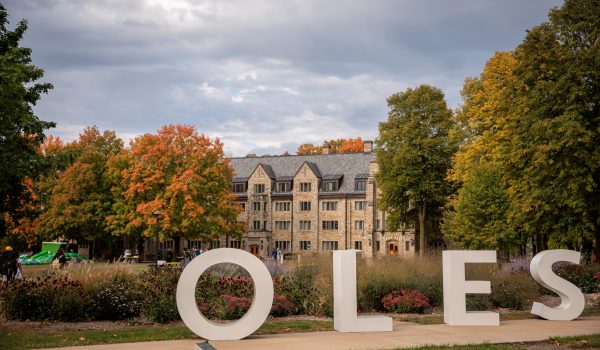
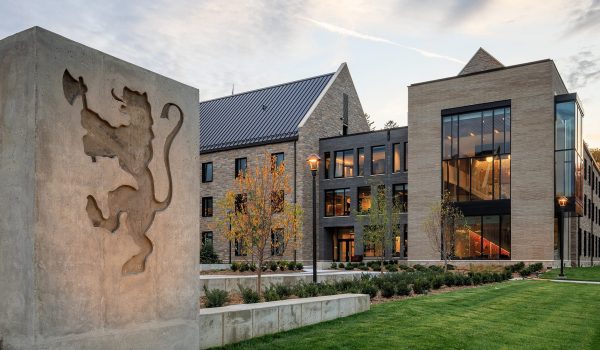
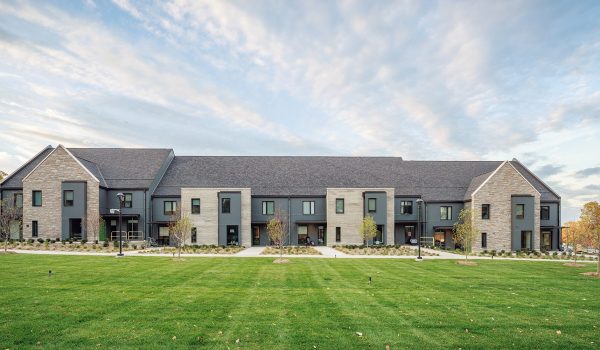
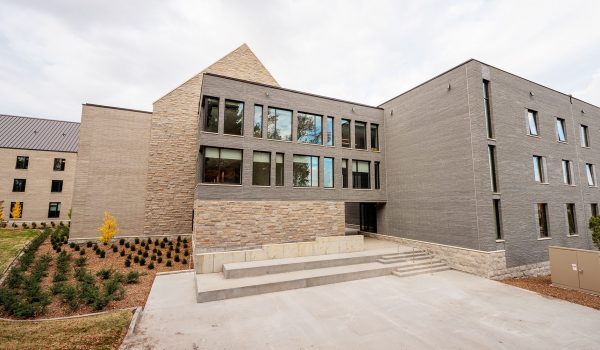
In the event that there is conflict between the Code of Conduct as listed here and any other statement of policy, the Code of Conduct will supersede.
St. Olaf College is a place that invites community members of varied experiences and beliefs to engage with each other and to foster an environment where learning occurs. As such, the right to dissent is essential to academic freedom and scholarly pursuits. Dissent in the form of protest against a particular position, action, or situation is permitted.
St. Olaf College encourages the free pursuit of learning and makes every reasonable effort to foster honest academic conduct. It respects and defends free inquiry, while expecting that in the exchange of criticism and ideas, all will show respect for the views of others. In providing individuals the right to assemble, there must also be room for others in the community to access academic and educational processes, to reside in residential spaces, and to take advantage of normal business operations.
St. Olaf supports students’ freedom to protest while maintaining a safe campus environment. Such protests must proceed within the parameters for student behavior outlined in the Code of Conduct as well as applicable laws and ordinances that apply to protest. For example, the right to assembly also includes the right of access to academic work and community life, along with the normal business operations of the College.
Permitted forms of assembly include but not limited too:
demonstration
A large group of people, usually gathering for a cause. It sometimes includes a group march, ending with a rally or a speaker. A demonstration is similar to a protest in that they both can use the same or similar methods to achieve goals.
march
A walk by a group of people to a place in order to express an objection to any event, situation, or policy.
protest
A protest is a way to express objections with any event, situation, or policy. These objections may be manifest either by actions or by words.
sit-in
Any organized protest in which a group of people peacefully occupy and refuse to leave college premises.
vigil
An observance of commemorative activity or event meant to demonstrate unity around a particular issue or concern, and/or to promote peace and prevent violence.
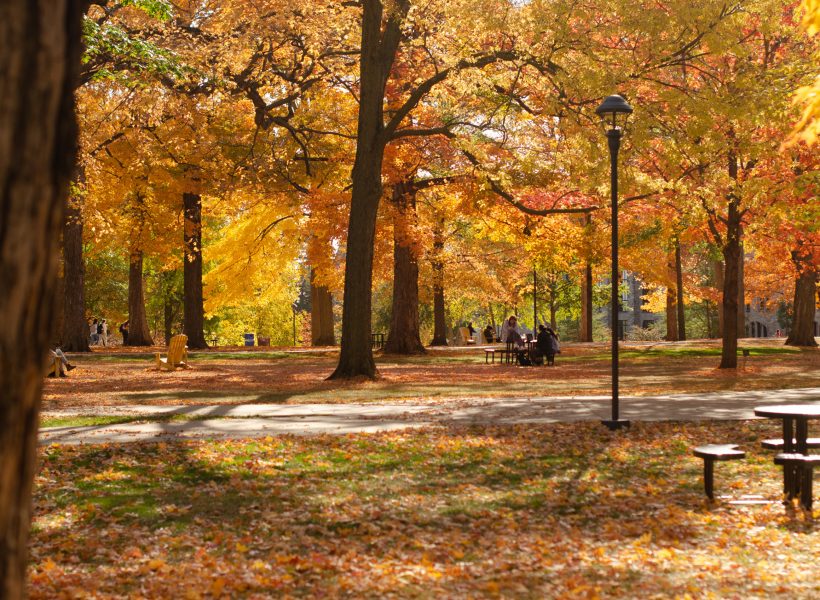
USE OF SPACE
St. Olaf College buildings and grounds are intended for use by students, faculty, staff and guests in support of the College’s mission. Individuals, groups or organizations may use College facilities and grounds in accordance with established policies and guidelines.
Note: St. Olaf College reserves the right as a private institution to prohibit certain forms of speech that are deemed contrary to the College’s mission, devoid of educational value and potentially harmful to the St. Olaf Community.
St. Olaf College buildings and grounds are intended for use by students, faculty, staff and guests in support of the College’s mission. Individuals, groups or organizations may use College facilities and grounds in accordance with established policies and guidelines. As a private institution, St. Olaf College reserves the right to prohibit forms of speech deemed contrary to its mission, and prohibit speech devoid of educational value or potentially harmful to the St. Olaf Community.
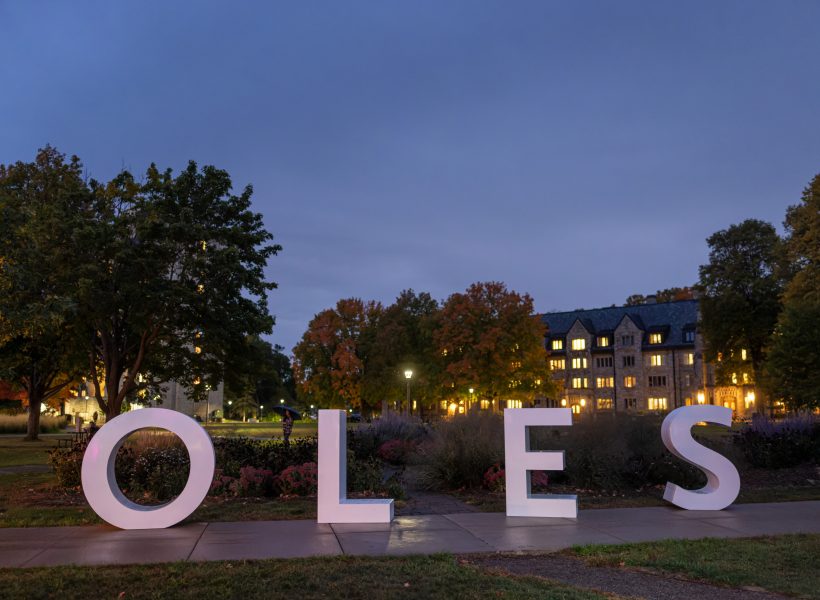
STATEMENT ON SOCIAL MEDIA
St. Olaf College recognizes that students have readily available access to social media sources. The College is aware that social media can be a source of social support and involvement when at its best. Social media is also used in this culture to denigrate, defame and shame in the name of support as well as in the name of hate.
St. Olaf students are expected to be thoughtful about what they choose to post and participate in – recognizing that the potential for harm to self and others is significant. Slanderous and libelous commentary are dangerous to the safety and wellbeing of individuals as well as to the community. College parameters for behavior apply.